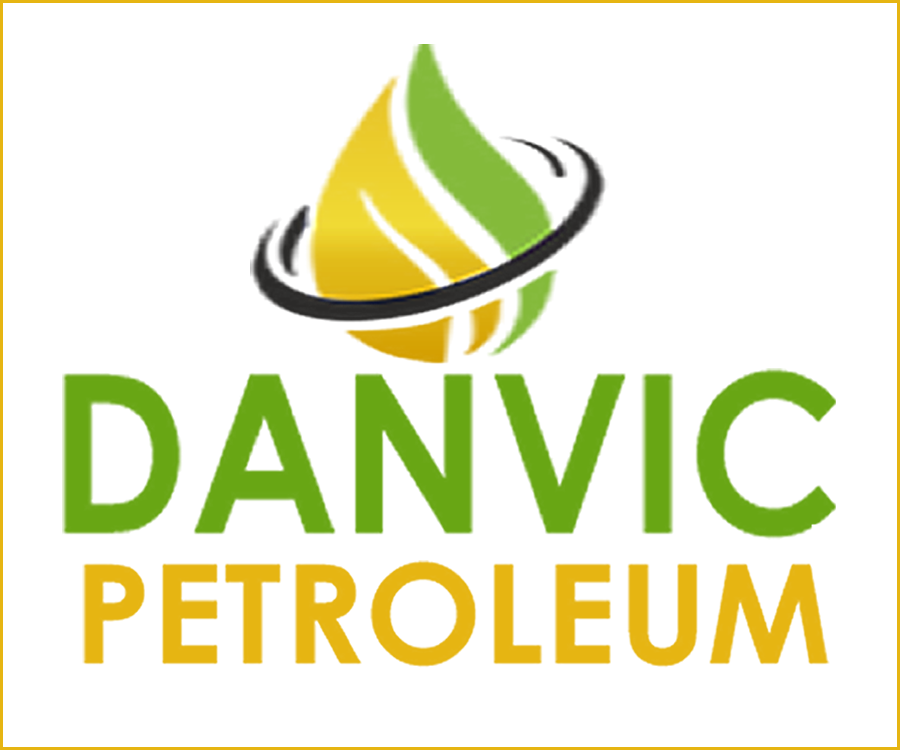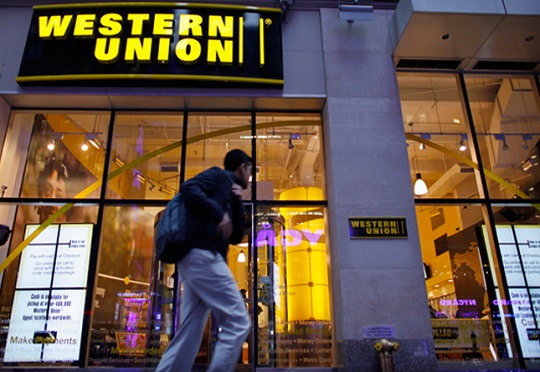By Ruari Phillips, Consultant
PVH Corp, Velocity Apparelz and British company, Intrade UK are all manufacturing textile products in Ethiopia. Industrial parks up and down the country are employing thousands of people thanks to FDI which currently stands at a minimum of $200,000 for any business interested. All export of products made in Ethiopia to the US and Europe are duty free. Entry level salaries for workers range from $35 to $40 (32 to 37 Euros) per month – lower than Bangladesh’s minimum wage of $68 per month and far below the average wage of $500 in the Chinese textile sector.
American based Philip Van Heusen (PVH) dominates the global apparel market and is exporting t-shirts made in the Hawassa Industrial Park, 273 km south of Addis Ababa. Also operating units in Kenya and Egypt, the company has established a joint venture with Indian manufacturer, Arvind, in Ethiopia and secured a 15,000 sqm shed in the park creating over 800 jobs. PVH owns brands such as Tommy Hilfiger, Calvin Klein and Van Huesen. Arvind is the World’s 4th largest producer of denim and also retails its own labels like Newport.
PVH Arvind Manufacturing was set up in 2016 and products are mainly sold in America. The company had a successful 2017 thanks to an increase in demand for Calvin Klein and Tommy Hilfiger garments. Even before setting up with PVH in Hawassa, Arvind was producing shirts and suits from two other facilities in Addis Ababa, employing over 2,000 people. The total amount of jobs generated by Arvind in Ethiopia is expected to go up to 12,000 with output at 30 million pieces a year. The PVH Arvind conglomerate will be exporting eight million shirts annually.
“You have in Hawassa some of the best manufacturers in the world,” said Mark Green, PVH Executive. “The world is watching with huge interest and anticipation. In time, we are sure Ethiopia will become the major apparel hub for Africa and an exporter of talent as well.”
Another company to commence textile production in Ethiopia is Dubai’s Velocity Apparelz with an investment of $25.9 million. Located in the Mekelle Industrial Park, 252 km north of Addis Ababa, they are using 101,283 square meters of land for the operation. On full capacity, VA’s factory is set to create 5,000 vacancies and can produce 26,300 pieces of jeans, 200kg of knitted garments, 100,000 pieces of poly-bag and 60,000 cartons per year. The workspace is automated, set up on conveyor systems, powered by wind and lit by LED bulbs with its own water treatment on-site. Other sustainable practices at the factory include waterless washing, sublimation fabric printing and laser-blast technology.
“We studied the country for one year and sat around in cafes speaking to people about what location would be best,” said Sidharth Sinha, founder and CEO of Velocity Apparelz. “After meeting with government officials, I can quite comfortably say Mekelle is one of the most advanced factories in the world.”
Velocity Apparelz belongs to The Vogue group and is a fully integrated, one-stop shop garment manufacturing plant offering design, production, logistics, and even its own retail brands. Many of VA’s international customers are among the world’s largest apparel retailers. The business is committed to green solutions, incorporating eco-friendly products and technologies, including Ozone wash, lasers and waste recycling across all locations.
The Industrial Parks Development Corporation and Investment Commission are two important organisations promoting FDI and jobs in Ethiopia. There are 12 parks either under construction or fully operational and all have good access to the Addis-Djibouti electric railway. This country now has business stakes in all major sea ports in East Africa and state-owned Ethiopian Airlines freights cargo to over 40 international destinations.
British Intrade UK Ltd made an agreement this year to open a $100 million investment on spinning and making textiles at the Mekelle Industrial Park using a 10.5-hectare area of land. Construction is expected to be completed after 18 months and when it begins operating it should create job opportunities for 1,300 local people. In addition, the company is looking at starting a cotton farm in the country. Ethiopia has grown cotton for centuries and is also abundant in cattle, so perfect for any manufacturer of leather goods.
“The textile factories working in the industrial parks in Mekelle, Kombolocha, and Hawassa need to obtain their cotton and leather supplies quickly,” said Fitsum Arega, Ethiopian Investment Commissioner. “Companies are currently importing from Asia, so the coming of Intrade’s farm will help them get it from here instead.”
Over 80,000 Ethiopian people work in the textile sector and the government plan to make that 2 million by 2025. Up until now the majority of FDI has come from China but a number of American and European companies like PVH Corp and Intrade UK are seeing the value in setting up shop here. Power supply and labour in Ethiopia is reliable and cheaper than elsewhere so it creates an attractive alternative to more commonly known manufacturing destinations. H&M, Primark and Levis are all buying clothing from Ethiopian factories.


